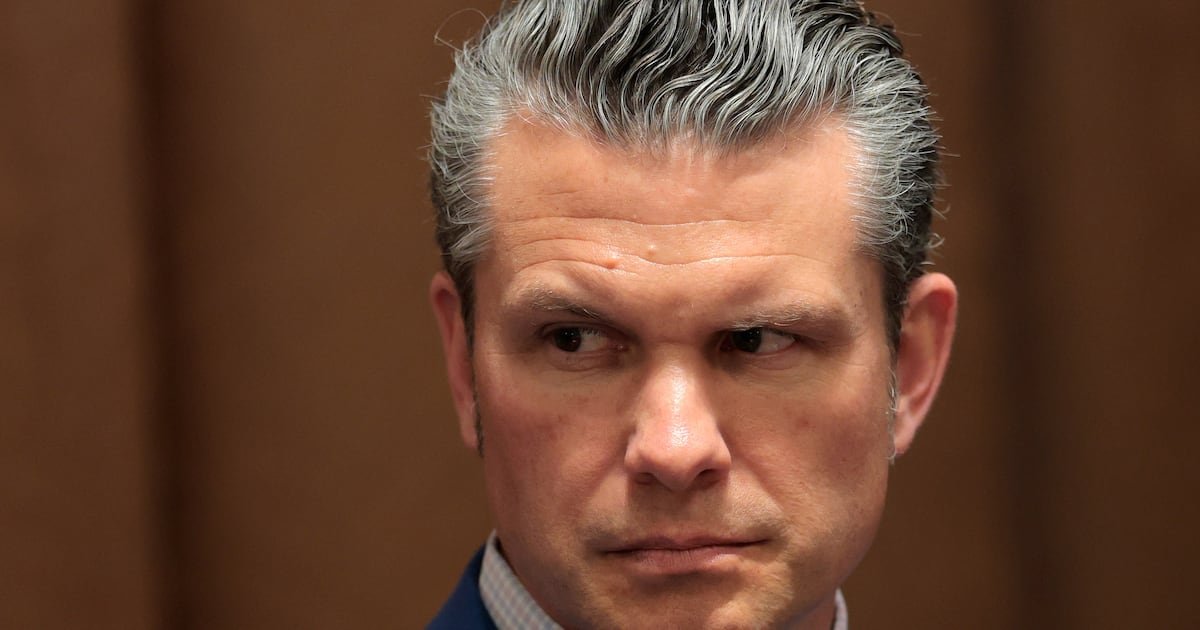Wildlife and humans have won a small victory, at least in Minnesota. The state, which boasts one of the leading state departments of health in the country, decided to ban the antimicrobial chemical triclosan from soaps and other products because of concerns regarding its deleterious impact on the environment, animals, and ultimately, human health.

Triclosan has been earning a progressively worse rap in recent years after arriving on the scene a few decades ago as the great antiseptic hope. It does kill bacteria and fungi and other microbes efficiently, but whether the extra killing over soap and water means anything to anyone is uncertain at best. Evidence does support its beneficial role over fluoride alone in toothpaste as a way to avoid cavities and gum diseases, but that’s it.
The problem is that its side effects are many and quite varied. Minnesota cited the risk of “hormone disruption” from triclosan as the rationale for its action. The hormone disruptor, also called an endocrine disruptor, is a slightly new-age concept coined by environmentalists and embraced now by most scientists. Chemicals—and there are many—that are viewed as capable of perturbing several endocrine systems, including the thyroid, the adrenals, the ovaries, and the testicles, in humans and other animals, are considered “hormone disruptors.” A list of the 12 most horrible was recently released. It included some veteran bad guys such as dioxin and lead.
Indeed, dioxin, a group of related compounds including components of various pesticides and PCBs, is well-established to harm life. It is considered among the most toxic chemicals known and is the action compound in the notorious Agent Orange. Most famously, dioxin was the un-degradable chemical that led to the evacuation of Times Beach, Missouri in 1983 after a flood saturated the town with it.
A decade before, the town had sought to quiet a smallish problem—too much dust blowing around—by spraying oil onto its dusty unpaved roads. The contractor they chose found mighty cheap oil, called “waste” oil, that came from a nearby chemical factory. Unfortunately, the waste oil had a dioxin concentration 2,000 times higher than that in Agent Orange. Soon after the spraying began, horses started to die (dozens of horses), and the tragedy quickly revealed itself. Within a few years, the town and its 2,000-plus inhabitants were “bought out” by the EPA, the town leveled, and the area turned into a park of sort—probably not one with a lot of foot traffic
After Agent Orange and Times Beach came the Love Canal, a similarly unnerving story of chemical waste placed too close to human beings and soon, dioxin gained its placed as one of the most feared of all chemical environmental contaminants.
It is the connection of triclosan to dioxin that has appropriately raised the hackles of so many. Within the last decade, scientists discovered a specific link: Triclosan could, with exposure to light, be chemically converted into a dioxin compound (2,8-dichlorodibenzo-p-dioxin aka 2,8 DCDD), and this compound was turning up where it ought not: the sediment of the Mississippi River. As the group of scientists (perhaps not coincidentally from the University of Minnesota) exploring the finding noted, “the contribution of triclosan-derived dioxins to the total dioxin pool increased to as high as 31 percent by mass in recent years,” indicating that triclosan, once the good guy, had gone rogue and now was threatening to cause human harm.
It is likely that the jig is up for triclosan. Sure, the American Cleaning Institute, something of a lobbying organization for soap and chemical makers across the U.S. (on its board sit reps from Amway, Colgate-Palmolive, DuPont, Dow, and the like) is trying to push back against Minnesota’s decision, claiming that this type of ban should be federally decided, not determined at the state level, an interesting embrace of the Big Government approach often reviled by Big Business.
But they are unlikely to win this one. “Dioxin” is the dirtiest of dirty words and this designation, like the chemical itself, does not degrade. The FDA has, with apparent reluctance, tiptoed into the fray. Plus, Procter & Gamble has already removed triclosan from its Crest toothpaste. Sure, they can drag this out for months and years—but it would be nice if the American Cleaning Institute, so fond of the neat and the hygienic, used a little judgment and chose not to make a big mess out of this one.






